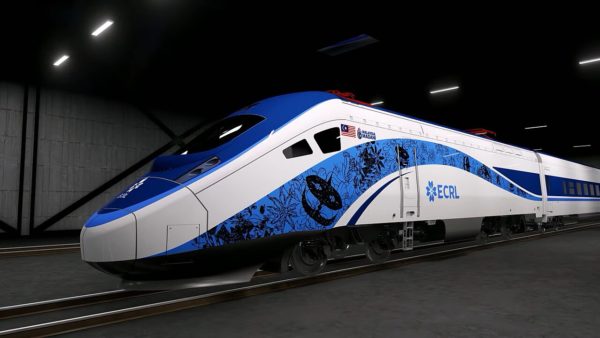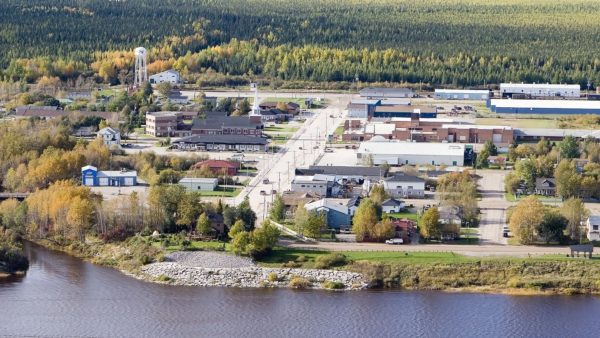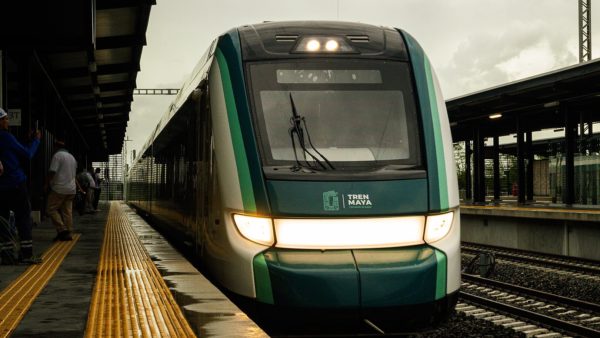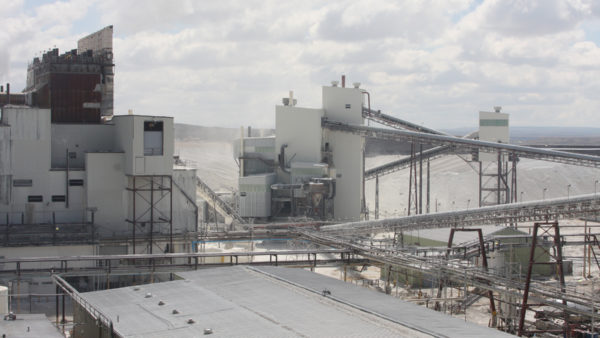Seven Chinese labourers who worked on the construction of a casino and resort in the US Commonwealth of the Northern Mariana Islands (CNMI) are suing the owner of the project and two of its contractors, alleging they were victims of a forced labour scheme and had suffered injuries on site.
The labourers were working on the Imperial Pacific casino and resort in Saipan, the largest island in the South Pacific commonwealth.
Plaintiffs filed their suit in May in the US District Court for the Northern Mariana Islands in Saipan, seeking monetary compensation for injuries, and punitive damages, under US federal and CNMI anti-trafficking laws, and under CNMI law for the injuries they suffered.
On 24 June a chief judge in Saipan denied defendants’ motions to have the case dismissed.
In their complaint, seen by GCR, plaintiffs allege they were promised “good conditions, high wages, legal work status, and immigration benefits”, but instead had to pay fees which often exceeded “$8,000 to recruiters in China”, and had to “borrow money from loan sharks at high interest rates, using their land or homes as collateral”.
The allegation continues: “Although plaintiffs had been promised that they could work in Saipan for multiple years or even obtain green cards, they later learned that they lacked legal authorisation to work in Saipan.”
Workers allege that they were required to work usually over 12 hour shifts everyday, sometimes reaching 24 hours a day, with employers failing to pay or paying less than the minimum wage.
The plaintiffs state that those in charge of construction “yelled and cursed at them, and forced them to pay fines if they did not work hard enough or arrived late”.
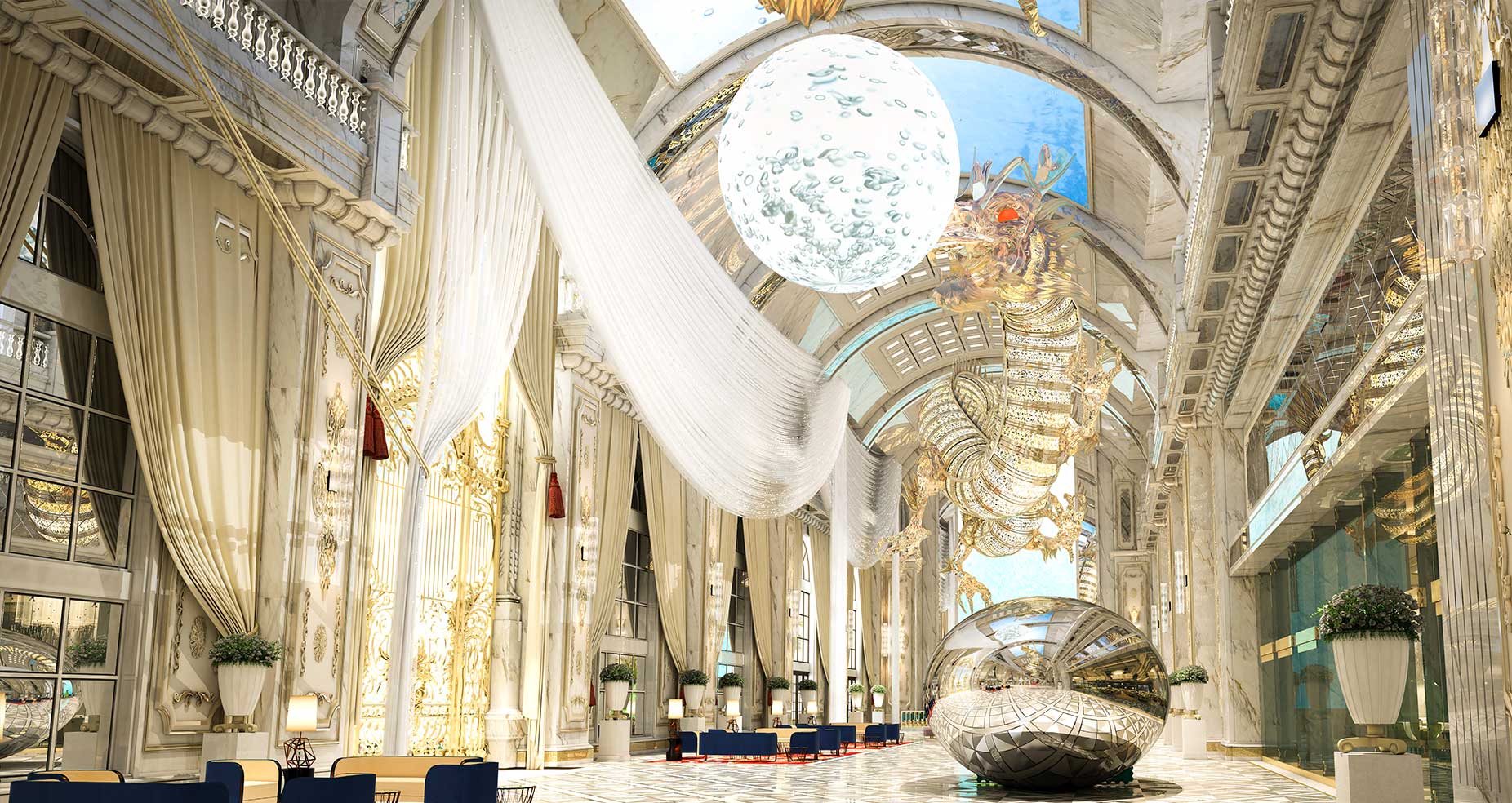
Image via Imperial Pacific
Plaintiffs say they were staying in dormitories, some of which had no showers or air-conditioning.
Conditions on site were described as dangerous, and safety precautions were ignored, with employees suffering injuries such as a “badly burnt leg, scalded hand, and partially severed finger”.
Despite receiving injuries, those in charge did not take employees to hospital and banned them from seeking medical assistance, threatening deportation, plaintiffs allege, alleging also that they have not received any injury compensation.
They say they were forced to keep working to pay off the debts incurred in China, and that since they were in Saipan illegally “it would be useless to complain to the authorities”.
The three defendants in the suit are developer Imperial Pacific International (CNMI), a subsidiary of Hong Kong-headquartered Imperial Pacific International Holdings Limited; contractor MCC International Saipan Ltd Co, which is alleged to be a subsidiary of a Chinese state-owned conglomerate; and contractor Gold Mantis Construction Decoration, whose alleged parent company is traded on the Shenzhen Stock Exchange.
Local media reported that MCC International employees were arrested in 2017 for employment of illegal immigrants on the Imperial Pacific Resort project.
The plaintiffs’ complaint alleges that Imperial Pacific “knew about or, at a minimum, recklessly disregarded its contractors’ exploitative and illegal practices”.
“However,” it said, “rushing to complete the project, rather than remedy the situation, Imperial Pacific and its contractors sought to conceal their illegal scheme from government authorities, medical providers, and any other party that might hold them accountable.
“Imperial Pacific and its contractors denied entry to an investigator from the Occupational Safety and Health Administration … who came to inspect safety conditions on the worksite.
“The unauthorised Chinese workers were also told to hide when government inspectors did come to the worksite or dormitories.”
It is also alleged that a Gold Mantis supervisor had threatened to kill plaintiffs if they disobeyed him, and had physically assaulted another employee.
Aaron Halegua, an attorney based in New York who is assisting in representing the plaintiffs, stated: “Many foreign migrant workers suffer injuries and endure abuse, but have no access to a remedy. Fortunately, because these events occurred in a US commonwealth, the plaintiffs are protected under US law.”   Â
According to Imperial Pacific, the first phase of the 140,000 sq m casino and resort development will contain a 14-storey hotel building with “more than 340 opulent hotel suites including 15 deluxe villas”, as well as “luxury integrated casinos”, 200 gaming tables and 350 slot machines.
No phases of the project have been reported complete.
Top image: @GCR illustration by Denis Carrier





